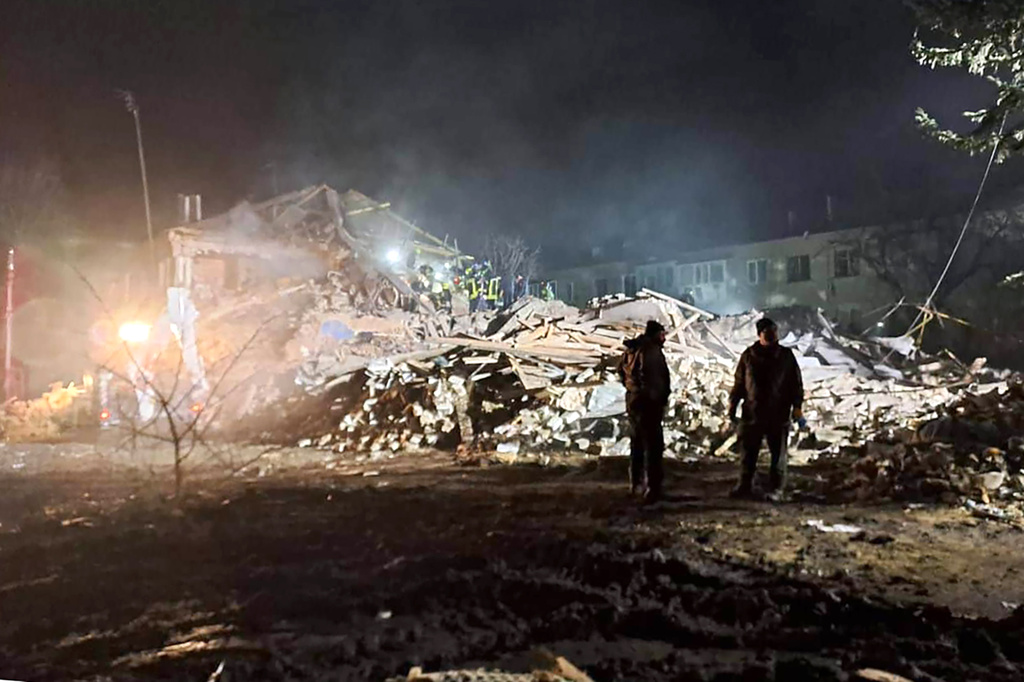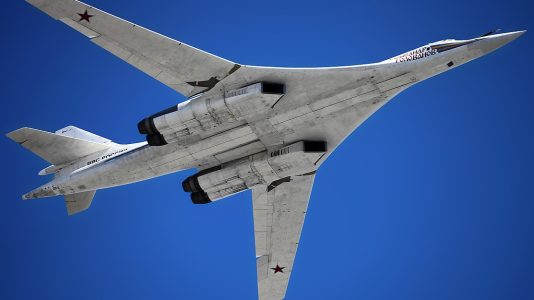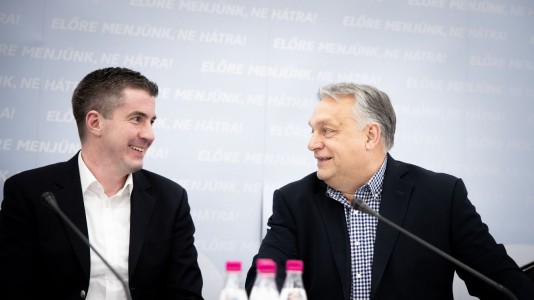While a majority of Europeans support Ukraine in its war against Russia, only one in 10 believe Ukraine can win, according to a survey by the European Council on Foreign Relations (ECFR), with a majority believing that a “compromise solution” is needed to end the conflict.
The responses come from 17,023 respondents to an online survey in 12 European Union countries conducted in January. The researchers say the pessimistic outlook is largely due to the political situation in the United States, where talks on a new aid package for Ukraine are stalled in Congress and former President Donald Trump is seeking a comeback based in part on a pledge to withdraw military aid to Kyiv.
Amid growing concerns about a second Trump presidency, ECFR reports that 41 percent of Europeans want current support for Ukraine increased or maintained — but only one-fifth want Europe to compensate for the withdrawal of U.S. support. One-third of respondents, meanwhile, want the EU to limit its support.
While the poll — which questioned respondents in Austria, France, Germany, Greece, Hungary, Italy, the Netherlands, Poland, Portugal, Romania, Spain and Sweden — paints a bleak picture, the majority of those polled still favor continued support for Ukraine. On average, only 19.5 percent of those surveyed believe Russia will win, but just half of that (10 percent) think the likely outcome is a Ukrainian victory. According to the survey, 37 percent of those asked believe the most likely outcome of the war will be a compromise settlement.
However, in Hungary (64 percent), Greece (59) and Italy (52), majorities want allies to pressure Kyiv to accept a settlement agreement — something Ukrainian President Volodymyr Zelensky has refused to consider.
“Leaders in Ukraine and Europe need to adjust their language and define the meaning of a ‘durable peace’ to prevent Putin taking advantage of war fatigue.,” said co-author Mark Leonard of the ECFR, which commissioned the poll.
The poll found that many Europeans increasingly saw Russia’s war against Ukraine as a direct concern to them, with 33 percent saying it had a greater impact on their country and on Europe (29 percent) than the war in the Middle East (compared to 5 percent who said the opposite on both counts).
The ECFR is a pan-European political think tank established in 2007 by British political scientist Mark Leonard and headquartered in Berlin, with offices in London, Madrid, Paris, Rome, Warsaw, and Sofia.






